
Analysis of a Classic Chinese Poem: 送胡大
Analysis of "送胡大" Classical Chinese Poetry Introduction "送胡大" (Sòng Hú Dà, "Seeing Off Hu Da") is a…

Analysis of "送胡大" Classical Chinese Poetry Introduction "送胡大" (Sòng Hú Dà, "Seeing Off Hu Da") is a…

Analysis of "送张四" Classical Chinese Poetry Introduction "送张四" (Sòng Zhāng Sì, "Seeing Off Zhang the…
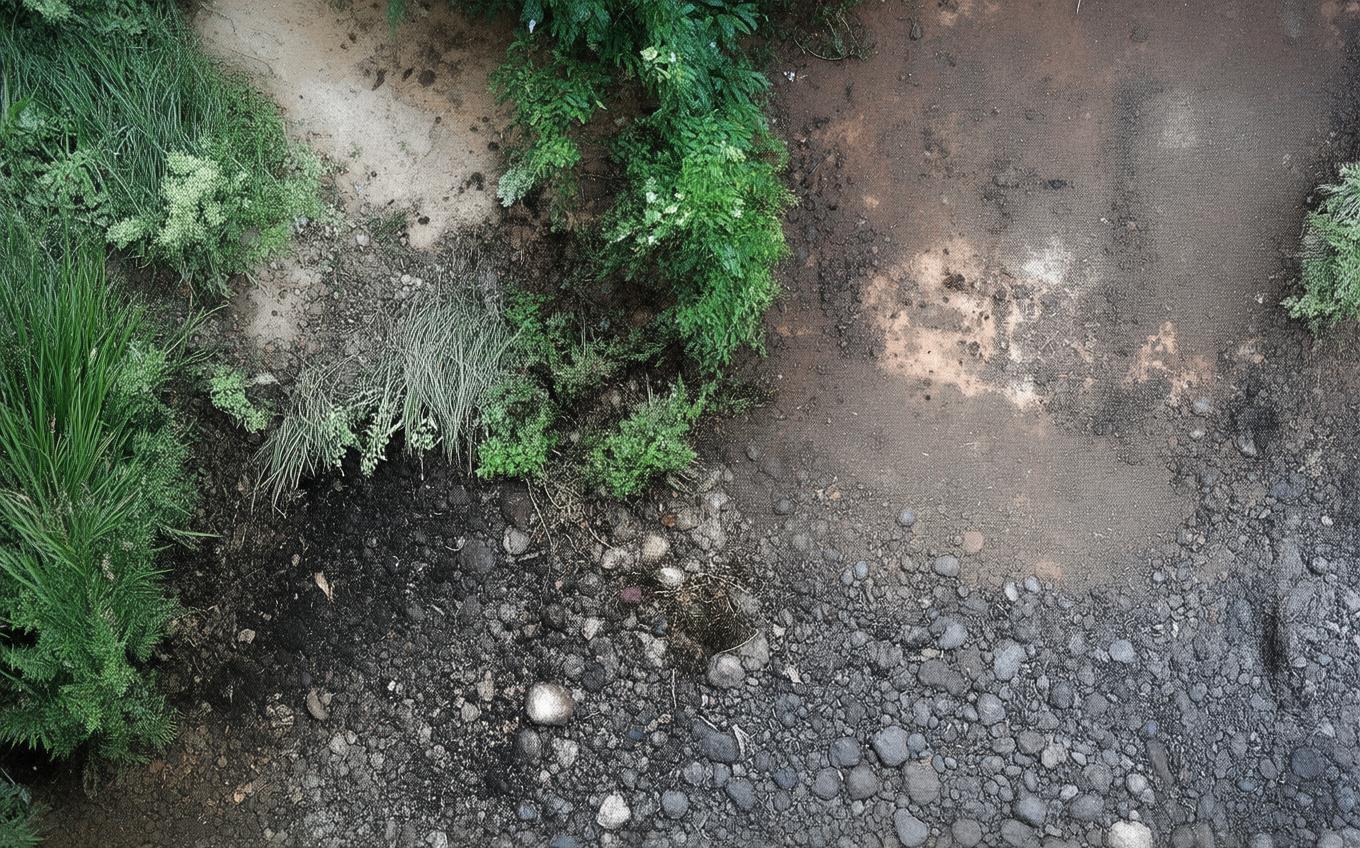
Analysis of "巴陵送李十二" Classical Chinese Poetry Introduction The poem "巴陵送李十二" (Bālíng Sòng Lǐ Shí'èr…
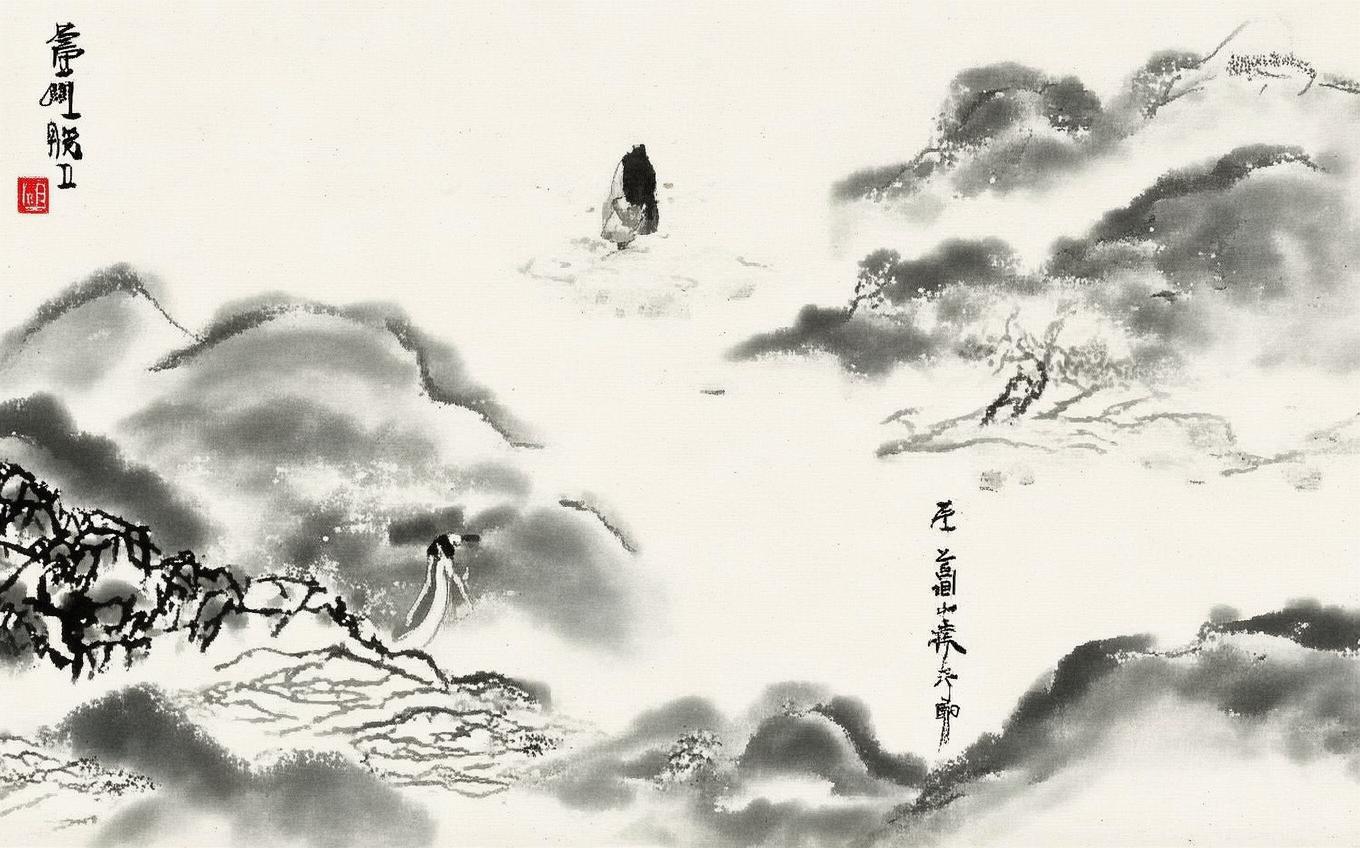
Analysis of "送十五舅" Classical Chinese Poetry Introduction "送十五舅" (Sòng Shíwǔ Jiù) is a poignant fare…
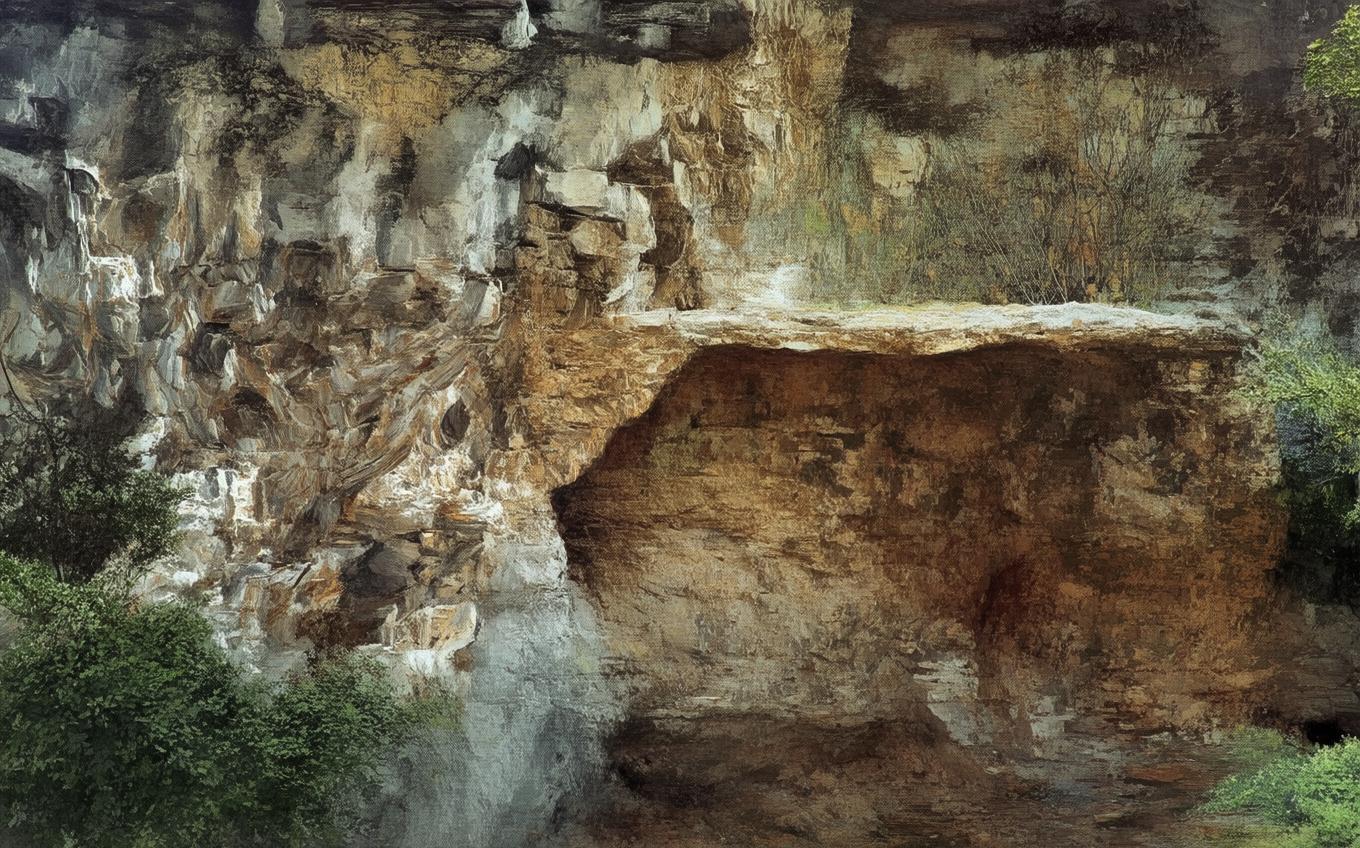
Analysis of "送郭司仓" Classical Chinese Poetry Introduction "送郭司仓" (Sòng Guō Sīcāng, "Farewell to Admi…

markdown Analysis of "送狄宗亨" Classical Chinese Poetry Introduction The poem "送狄宗亨" (Sòng Dí Zōng Hēn…

Analysis of "卢溪别人" Classical Chinese Poetry Introduction "卢溪别人" (Lúxī Bié Rén, "Farewell at Luxi") …

Analysis of "重别李评事" Classical Chinese Poetry Introduction "重别李评事" (Chóng Bié Lǐ Píngshì, "Farewell …
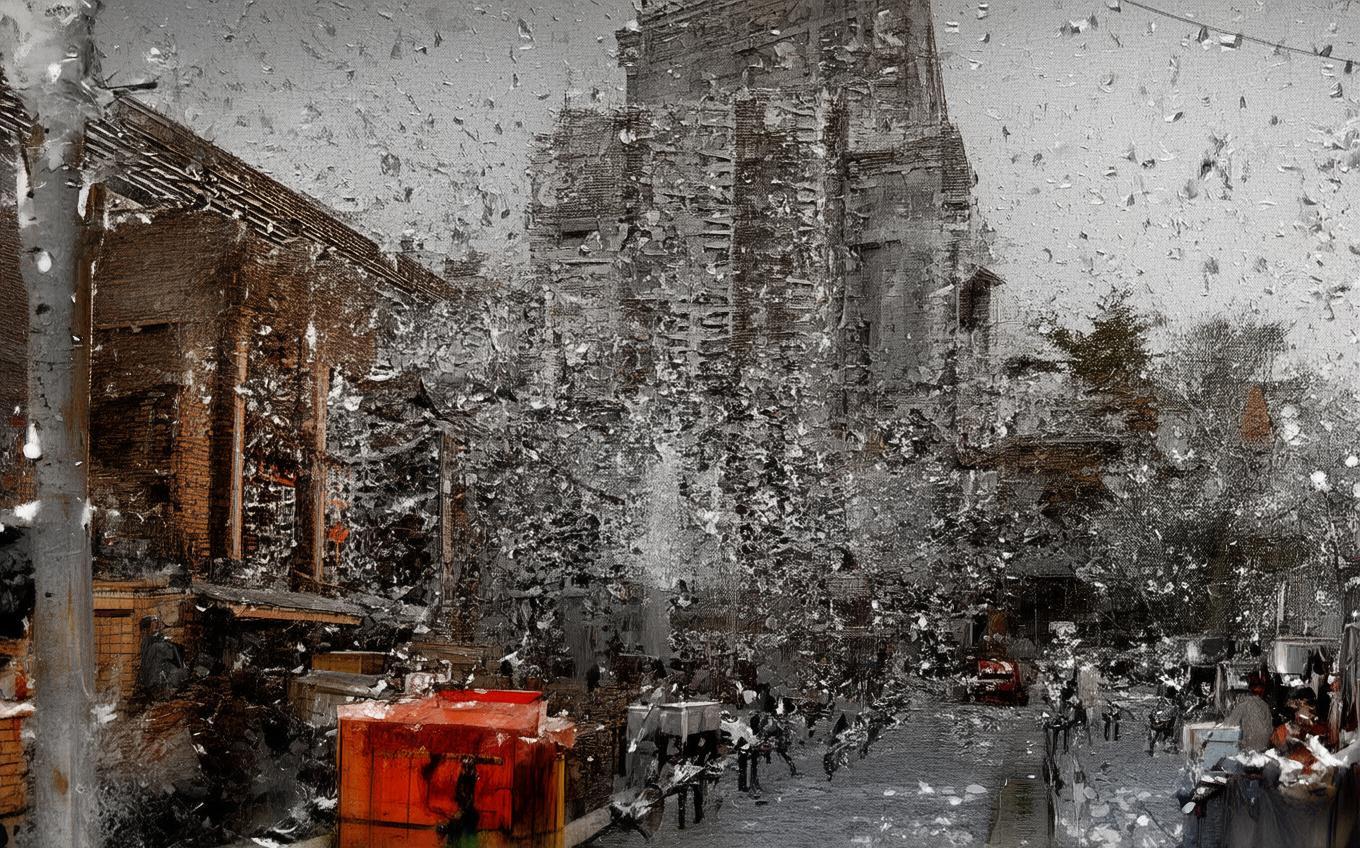
Analysis of "早秋山中作" Classical Chinese Poetry Introduction "早秋山中作" (Zǎo Qiū Shān Zhōng Zuò, Early Au…
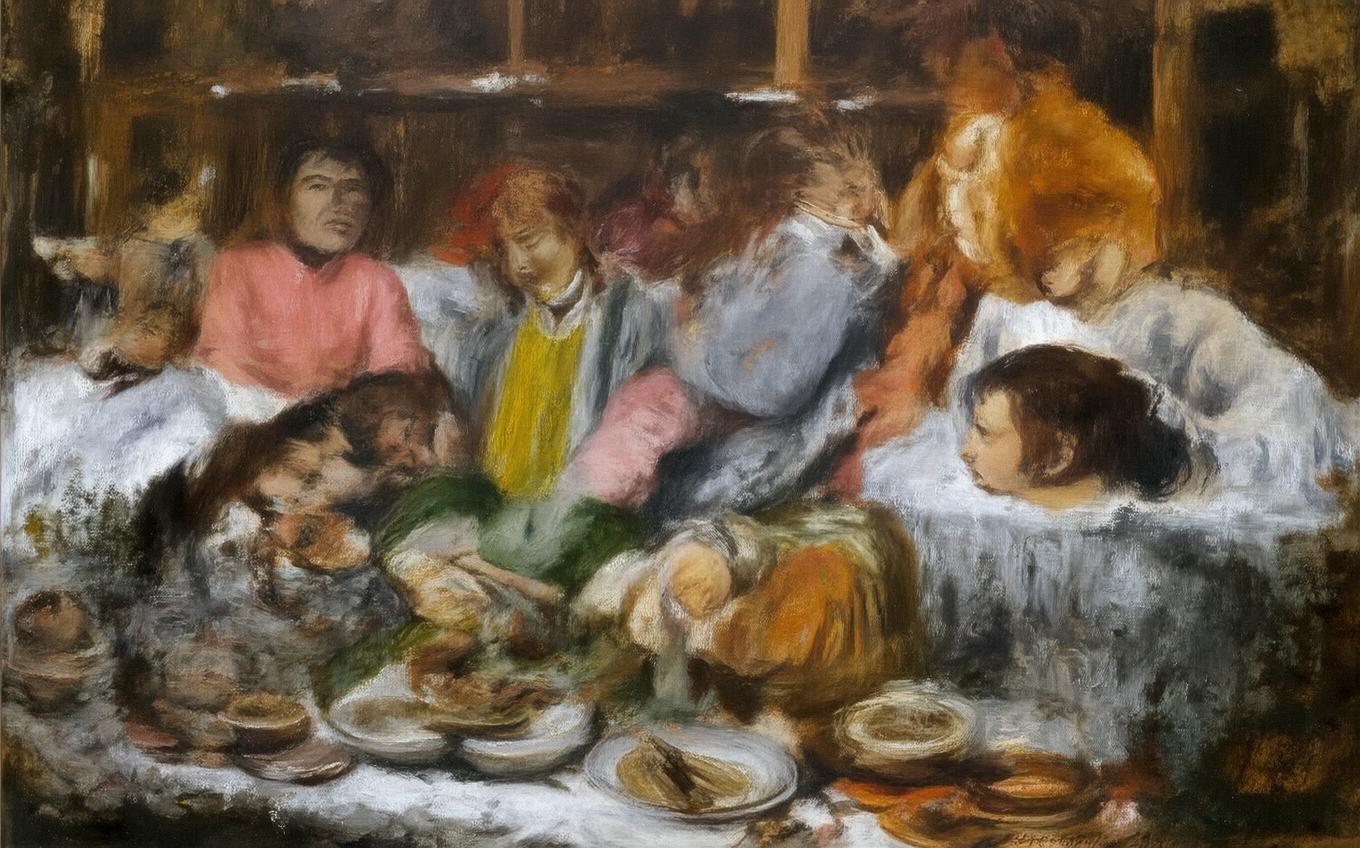
Analysis of "破阵子·春景" Classical Chinese Poetry Introduction "破阵子·春景" (Pò Zhèn Zǐ · Chūn Jǐng, "Sprin…
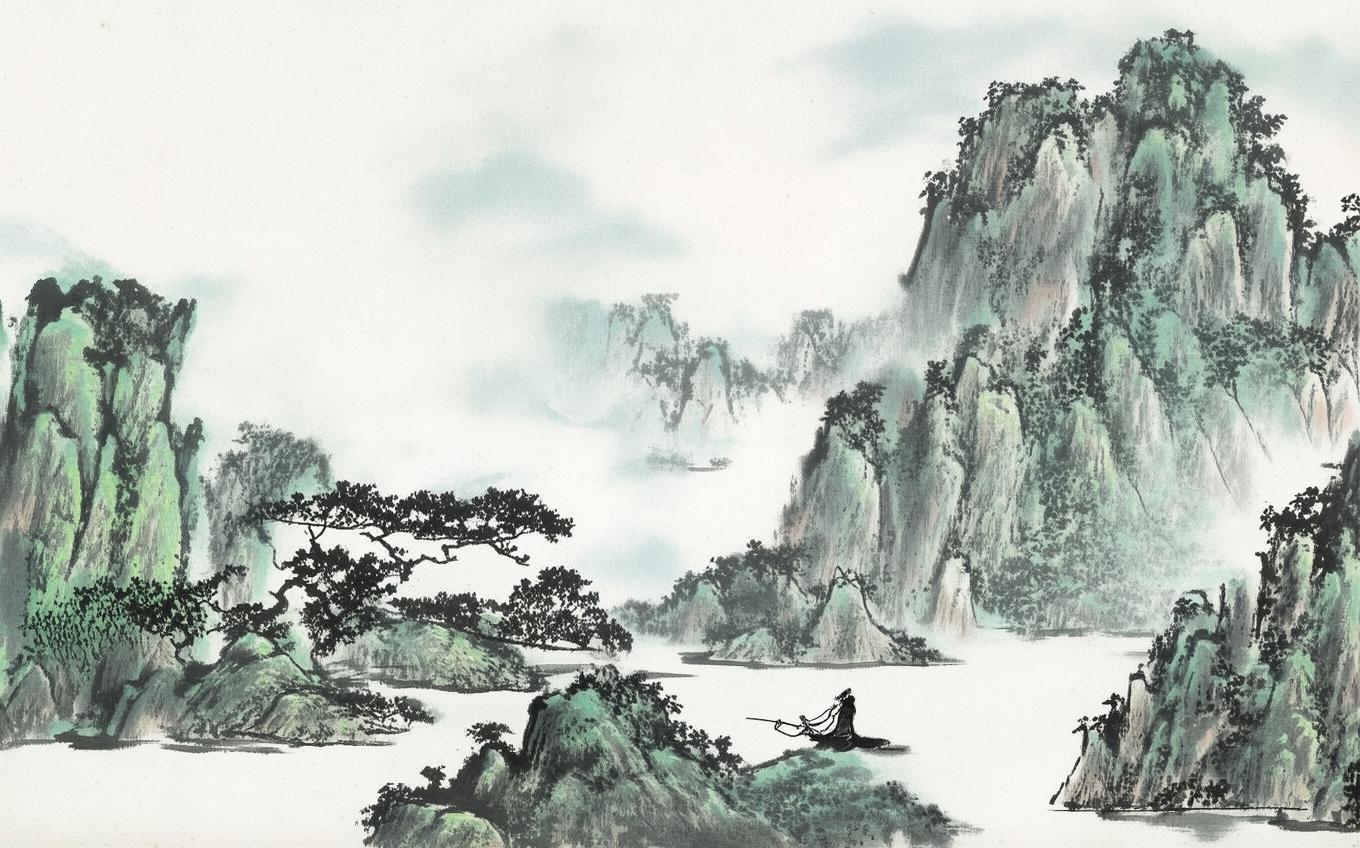
Analysis of "听安万善吹觱篥歌" Classical Chinese Poetry Introduction The poem "听安万善吹觱篥歌" ("Listening to An …
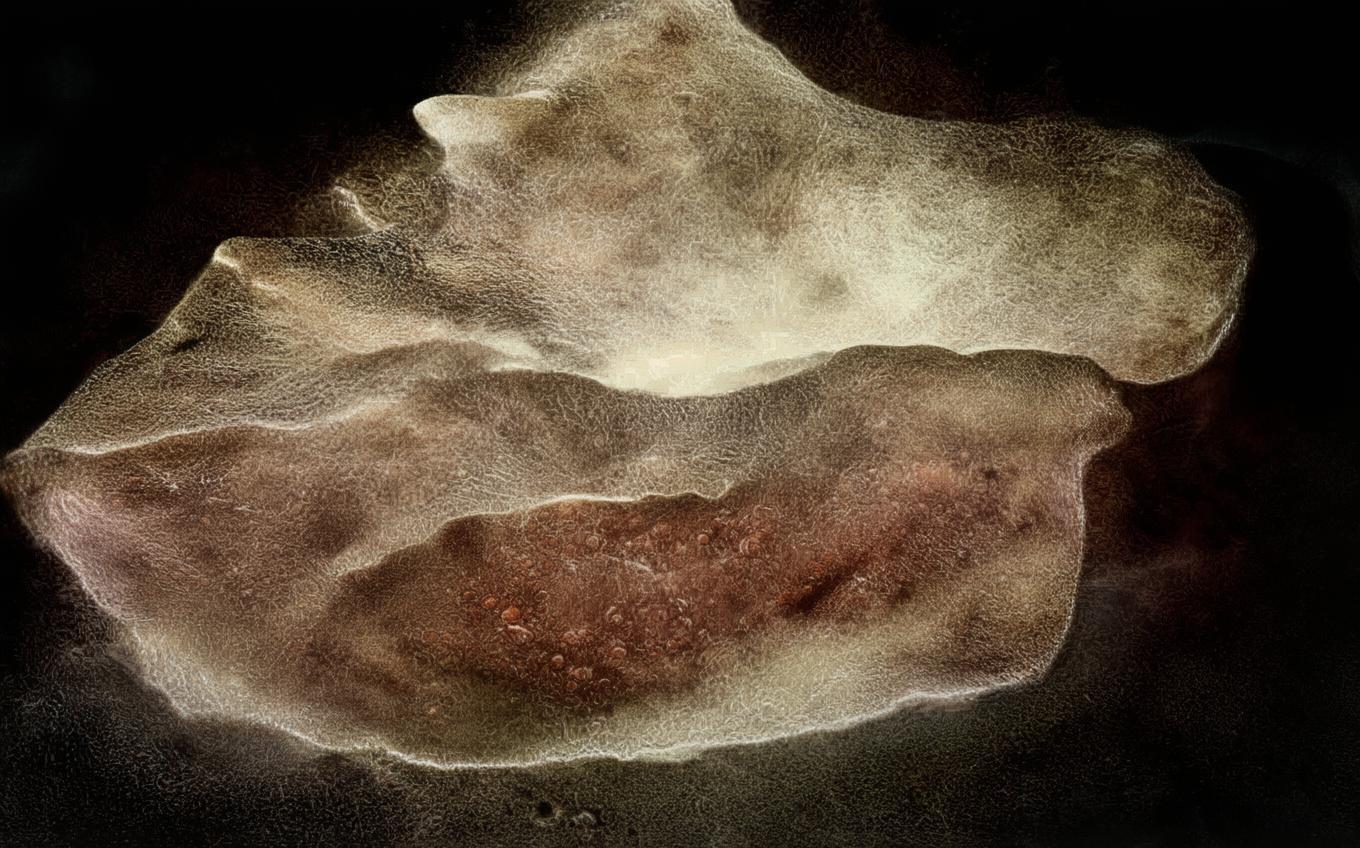
Analysis of "阳关三叠" Classical Chinese Poetry Introduction "阳关三叠" (Yáng Guān Sān Dié), also known as …